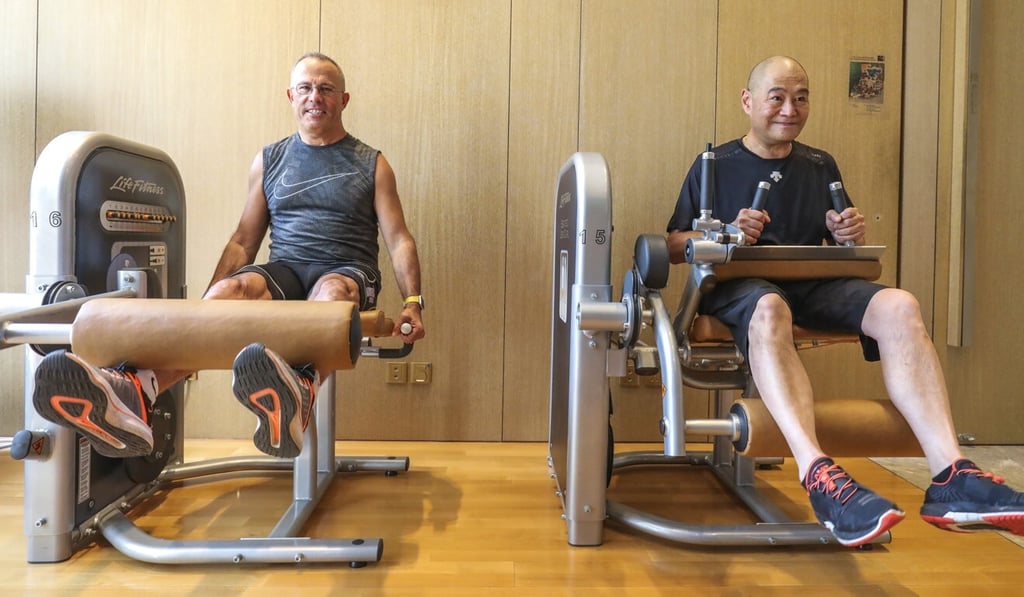Stay young while you age: how to live longer with a positive attitude – get plenty of exercise, take up new hobbies, learn new skills
- Many people dread getting older, but there are ways to stay youthful and positive about ageing
- Richard Au, 61, works out regularly, plays sports with friends and relishes new challenges

At 61, Richard Au Lup Gay is not thinking about slowing down. Instead, the busy and energetic entrepreneur is looking forward to what the next few decades have in store for him.
“I love challenges and learning new things, and I hope to keep pushing myself because that’s what makes me feel alive,” says Au. “Unlike many people, I don’t fear getting older. Some of my best years are still ahead of me and I can’t wait to experience them. I hope to continue travelling, which is something I’ve always loved, and enjoying good times with my children and siblings.”
Au is fitter and in better health than one would expect for a man his age. Every week he jogs, plays tennis and golf with friends, and lifts weights at the gym. He doesn’t follow any particular diet because he loves food too much, but he stops eating at 5pm every day.
“If you think I’m active you should see my dad – he still works and he’s 90!” Au exclaims. “He’s still healthy, his mind is still sharp and he’s in excellent shape.”

When we think about old age, many of us imagine a life marked by a loss of vitality, mental and physical decline, limited social and employment opportunities, isolation and loss. But Au and his father, and many other men and women in their age groups, are defying that stereotype, living healthy, happy, meaningful lives and still playing active roles in their community.